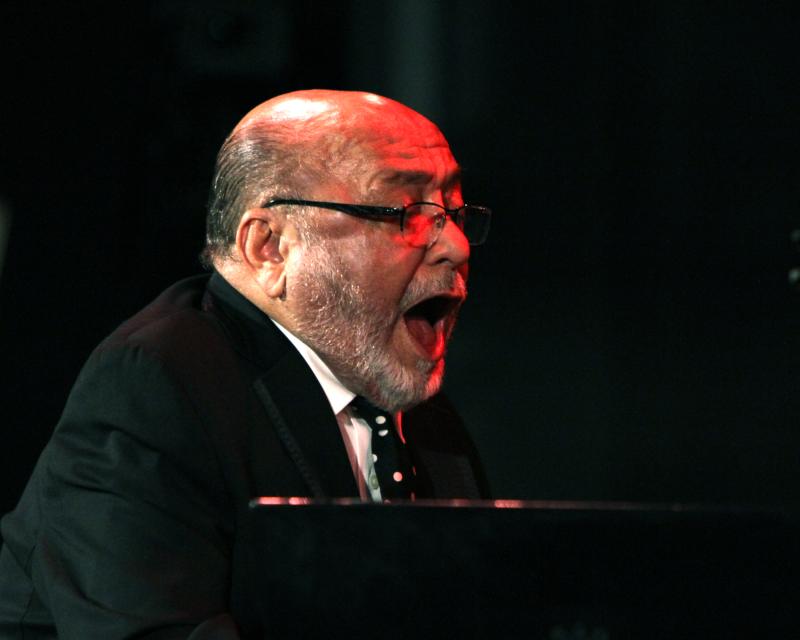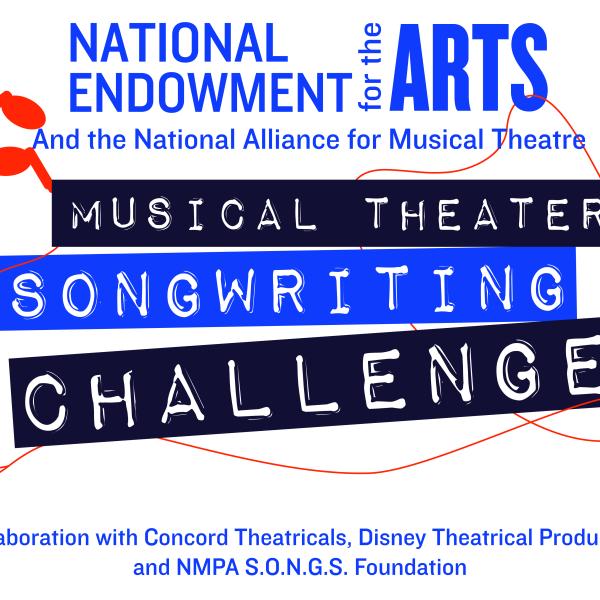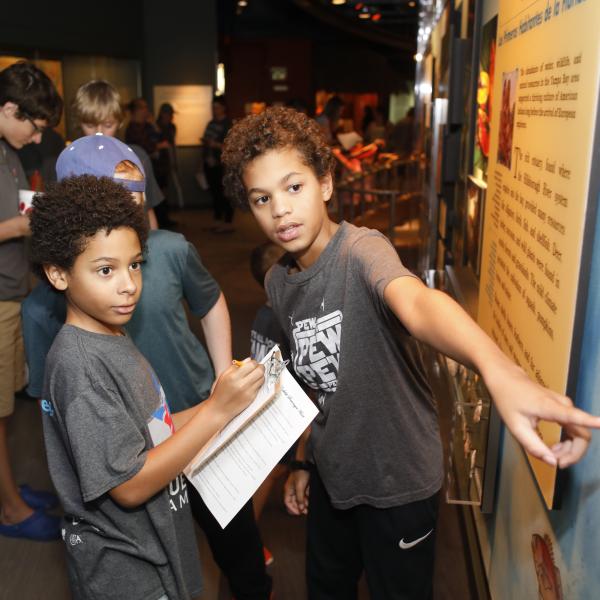National Endowment for the Arts Statement on the Death of Jazz Master Eddie Palmieri

Eddie Palmieri performs at the 2013 NEA Jazz Masters Tribute Concert. Photo by Michael G. Stewart
Washington, DC—It is with great sadness that the National Endowment for the Arts acknowledges the passing of pianist, bandleader, arranger, composer Eddie Palmieri, recipient of a 2013 NEA Jazz Master fellowship.
Known as one of the finest Latin jazz pianists of the past 60 years, Eddie Palmieri was also known as a bandleader of both salsa and Latin jazz orchestras. His playing skillfully fused the rhythm of his Puerto Rican heritage with the melody and complexity of his jazz influences: his older brother Charlie, Thelonious Monk, Herbie Hancock, and McCoy Tyner.
Palmieri said in a 2013 interview with the NEA. “Everything I wrote was quite exciting, you know, and I certainly knew how to excite. I knew it intuitively, because I studied the Cuban structures. And when that full tutti comes in or the trombones or flute, that's gonna blow you out.”
Palmieri's parents emigrated from Ponce, Puerto Rico to New York City in 1926, and he grew up in Spanish Harlem. He learned to play the piano at an early age, and at 13, he joined his uncle's orchestra, playing timbales.
Palmieri’s professional career as a pianist began in the early 1950s, performing with a range of bands including Eddie Forrester’s Orchestra, Johnny Segui’s band, and the popular Tito Rodriguez Orchestra. In 1961, he formed his own group, La Perfecta, which broke with tradition by featuring a front line of trombones instead of the typical trumpets used in Latin orchestras. This bold choice helped create a fresh, dynamic sound that blended Latin rhythms with American jazz, captivating both critics and audiences.
Throughout the 1970s, Palmieri continued to refine his distinctive approach to arranging, releasing a series of innovative recordings. One of the most influential was Harlem River Drive (1970), a groundbreaking album that defied musical boundaries, fusing salsa, funk, soul, and jazz into a genre-defying, freeform sound. In 1975, Palmieri’s creativity and vision were recognized when he received the first-ever Grammy Award for Best Latin Recording for his album The Sun of Latin Music.
Among other countless honors, Palmieri was the recipient of ten Grammy Awards and a Lifetime Achievement Award from the Latin Recording Academy. In 1988, the Smithsonian Institution's National Museum of American History recorded two of Palmieri's performances for its archives.
Before his passing, Palmieri had contributed original music to Spike Lee’s upcoming film, Highest 2 Lowest, a tribute to Puerto Rico’s rich Afro-Caribbean musical heritage.




